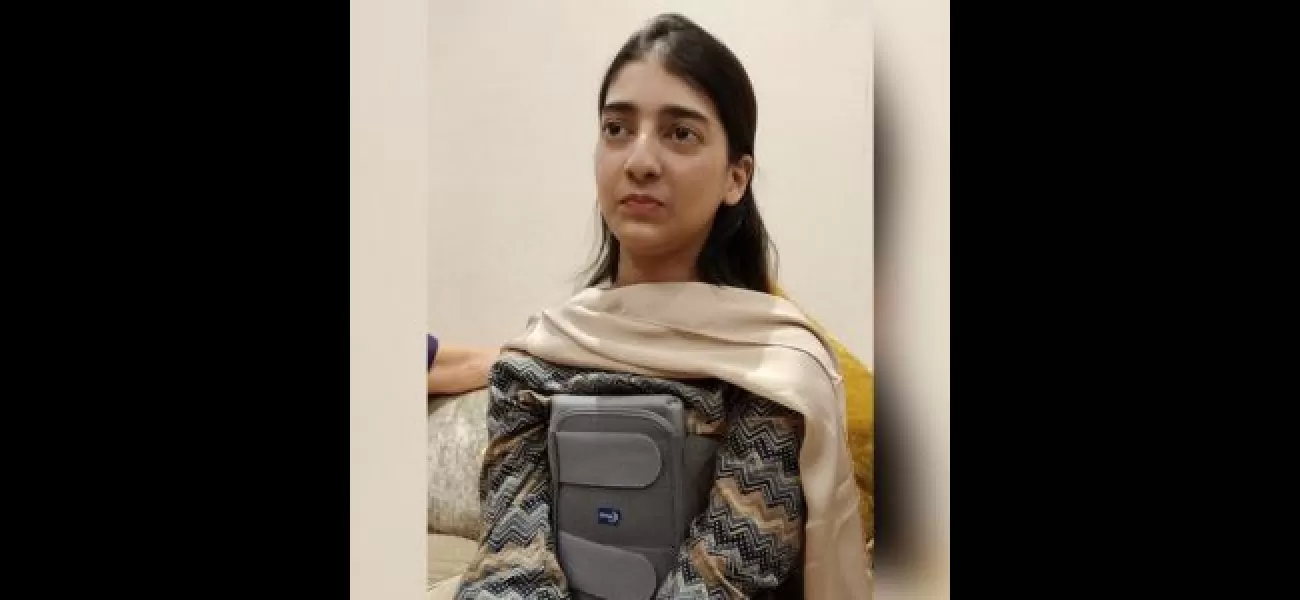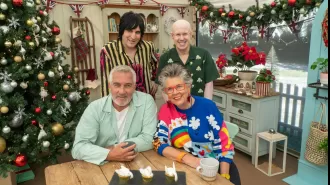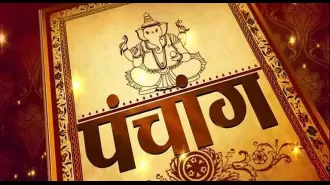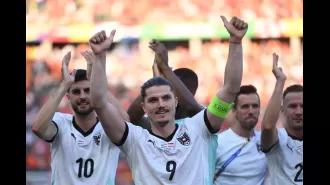Pakistani teenager from Karachi receives life-saving heart transplant in India, thanks to Humane Hindustan.
A Pakistani girl, Ayesha Rashan, underwent a successful heart transplant in India, showing how borders can be crossed for humanitarian reasons and the struggles of heart patients in neighboring countries.
April 28th 2024.

The inspiring story of a 19-year-old girl from Pakistan who received a life-changing heart transplant in India has shed light on the importance of humanitarian efforts and the struggles faced by heart patients in her home country. Ayesha Rashan, from Karachi, underwent a successful heart transplant surgery at MGM Healthcare in Chennai. After waiting for a suitable donor, she finally underwent the procedure on January 31, 2024 and was discharged earlier this month.
According to Dr. KR Balakrishnan, Chairman and Director of Cardiac Sciences at the Institute of Heart and Lung Transplant and Mechanical Circulatory Support, Ayesha first came to them at the age of 14 with severe heart failure and a poorly functioning heart. She suffered a cardiac arrest and had to undergo CPR before being placed on a machine called ECMO to keep her blood circulating. Eventually, she recovered and returned to her home country.
However, over the next few years, Ayesha's condition worsened as one of her heart valves started leaking. She developed an infection and the right side of her heart began to fail. Due to the lack of advanced medical facilities in Pakistan, it became increasingly difficult to treat her. Despite the challenges, Ayesha and her mother were determined to seek help and were eventually able to obtain a visa for India.
Dr. Balakrishnan explained that getting a visa for Ayesha was no easy task, as her mother was a single parent with limited resources. The expenses for her treatment, including multiple hospitalizations, were covered by the hospital and generous contributions from other transplant patients and the Aishwarya Trust, a Chennai-based NGO.
The major challenge, however, was the lack of funds. The procedure required Rs 30 to Rs 40 lakhs, which was a huge amount for Ayesha's family to bear. Fortunately, the hospital and the trust were able to raise the necessary funds through their own resources and donations. Despite the risks involved, they knew that the transplant was Ayesha's only chance at survival.
Ayesha, who dreams of becoming a fashion designer, expressed her gratitude to the Indian government for granting her a visa for her life-saving treatment. Her mother also acknowledged that the lack of advanced medical facilities in Pakistan was a major problem for patients like Ayesha. She was not the first Pakistani to undergo a heart transplant in India. In 2014, a 37-year-old man, whose name has been changed to Muhammad Amir, also received a new heart from an anonymous Indian donor at the same hospital in Chennai.
Amir, who is now 46, shared that he had been suffering from 'dilated cardiomyopathy' and his condition could only be managed with medication. However, he was aware that a heart transplant was the only permanent solution. After researching online, he found out about the heart transplant center in Chennai and decided to go for it. Unfortunately, not all Pakistani patients who underwent heart transplants in India were as lucky as Ayesha and Amir. Qari Zubair, an imam from Gujrat, did not survive due to complications after his surgery.
Experts in Pakistan cite a lack of expertise, high costs, limited post-operative care, and a shortage of deceased donors as the primary reasons for the absence of a heart transplant program in the country. Renowned liver transplant surgeon Dr. Faisal Saud Dar emphasized the need for raising awareness about organ donation after death to save more lives. Similarly, Dr. Pervaiz Chaudhry, a renowned cardiac surgeon, believes that heart transplants will soon become a reality in Pakistan. He has urged the authorities to define the term "brain death" in the country, making it easier for individuals to donate their organs after death.
Dr. Chaudhry also expressed his wish for Pakistan to have its own centers offering heart transplants at affordable rates, to reduce the burden on patients who have to travel to India for treatment. He believes that this would save more lives and bring hope to many more patients like Ayesha and Amir.
According to Dr. KR Balakrishnan, Chairman and Director of Cardiac Sciences at the Institute of Heart and Lung Transplant and Mechanical Circulatory Support, Ayesha first came to them at the age of 14 with severe heart failure and a poorly functioning heart. She suffered a cardiac arrest and had to undergo CPR before being placed on a machine called ECMO to keep her blood circulating. Eventually, she recovered and returned to her home country.
However, over the next few years, Ayesha's condition worsened as one of her heart valves started leaking. She developed an infection and the right side of her heart began to fail. Due to the lack of advanced medical facilities in Pakistan, it became increasingly difficult to treat her. Despite the challenges, Ayesha and her mother were determined to seek help and were eventually able to obtain a visa for India.
Dr. Balakrishnan explained that getting a visa for Ayesha was no easy task, as her mother was a single parent with limited resources. The expenses for her treatment, including multiple hospitalizations, were covered by the hospital and generous contributions from other transplant patients and the Aishwarya Trust, a Chennai-based NGO.
The major challenge, however, was the lack of funds. The procedure required Rs 30 to Rs 40 lakhs, which was a huge amount for Ayesha's family to bear. Fortunately, the hospital and the trust were able to raise the necessary funds through their own resources and donations. Despite the risks involved, they knew that the transplant was Ayesha's only chance at survival.
Ayesha, who dreams of becoming a fashion designer, expressed her gratitude to the Indian government for granting her a visa for her life-saving treatment. Her mother also acknowledged that the lack of advanced medical facilities in Pakistan was a major problem for patients like Ayesha. She was not the first Pakistani to undergo a heart transplant in India. In 2014, a 37-year-old man, whose name has been changed to Muhammad Amir, also received a new heart from an anonymous Indian donor at the same hospital in Chennai.
Amir, who is now 46, shared that he had been suffering from 'dilated cardiomyopathy' and his condition could only be managed with medication. However, he was aware that a heart transplant was the only permanent solution. After researching online, he found out about the heart transplant center in Chennai and decided to go for it. Unfortunately, not all Pakistani patients who underwent heart transplants in India were as lucky as Ayesha and Amir. Qari Zubair, an imam from Gujrat, did not survive due to complications after his surgery.
Experts in Pakistan cite a lack of expertise, high costs, limited post-operative care, and a shortage of deceased donors as the primary reasons for the absence of a heart transplant program in the country. Renowned liver transplant surgeon Dr. Faisal Saud Dar emphasized the need for raising awareness about organ donation after death to save more lives. Similarly, Dr. Pervaiz Chaudhry, a renowned cardiac surgeon, believes that heart transplants will soon become a reality in Pakistan. He has urged the authorities to define the term "brain death" in the country, making it easier for individuals to donate their organs after death.
Dr. Chaudhry also expressed his wish for Pakistan to have its own centers offering heart transplants at affordable rates, to reduce the burden on patients who have to travel to India for treatment. He believes that this would save more lives and bring hope to many more patients like Ayesha and Amir.
[This article has been trending online recently and has been generated with AI. Your feed is customized.]
[Generative AI is experimental.]
0
0
Submit Comment





